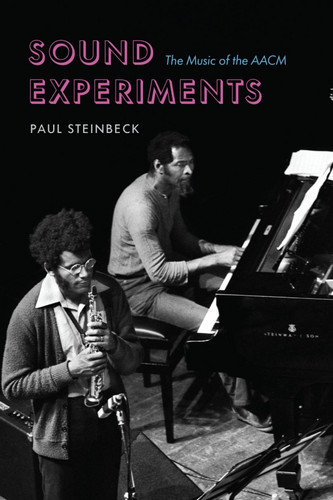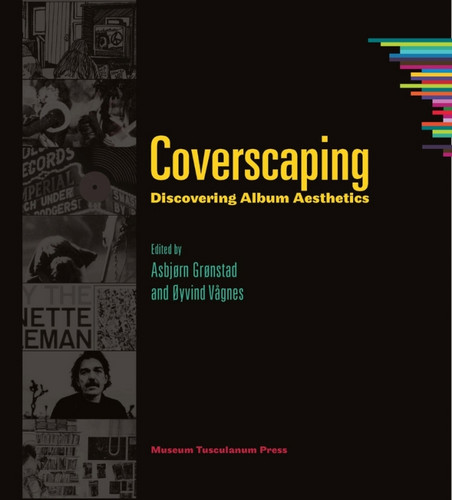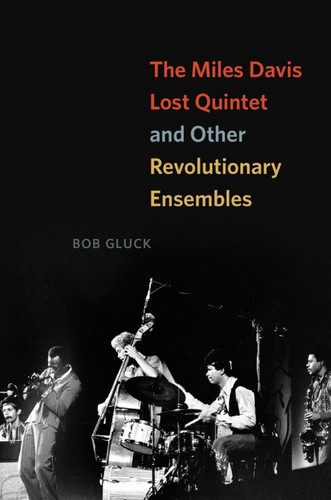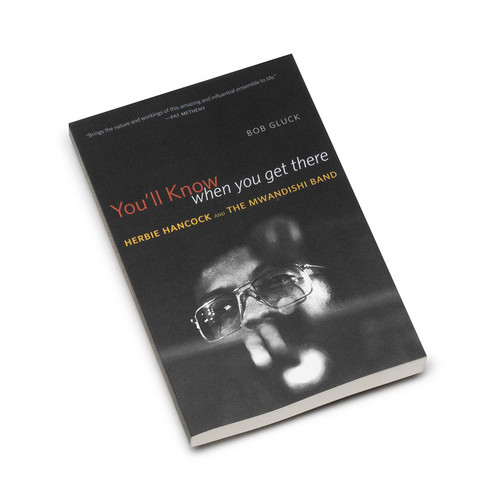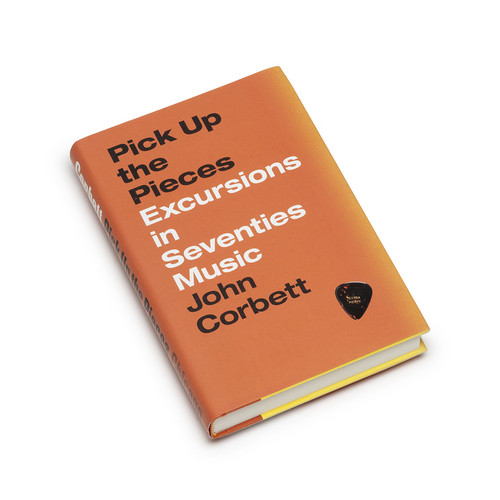★University of Chicago Press
Sun Ra’s Chicago Afrofuturism and the City (Book)
*2023 stock* Sun Ra (1914–93) was one of the most wildly prolific and unfailingly eccentric figures in the history of music. Renowned for extravagant performances in which his Arkestra appeared in neo-Egyptian garb, the keyboardist and bandleader also espoused an interstellar cosmology that claimed the planet Saturn as his true home. In Sun Ra’s Chicago, William Sites brings this visionary musician back to earth—specifically to the city’s South Side, where from 1946 to 1961 he lived and relaunch…
Sound Experiments The Music of the AACM (Book)
A groundbreaking study of the trailblazing music of Chicago’s AACM, a leader in the world of jazz and experimental music.
The Freedom Principle: Experiments in Art and Music,1965 to Now (Book)
On the South Side of Chicago in the 1960s, African American artists and musicians grappled with new language and forms inspired by the black nationalist turn in the Civil Rights movement. The Freedom Principle, which accompanies an exhibition on the topic at the Museum of Contemporary Art Chicago, traces their history and shows how it continues to inform contemporary artists around the world.The book coincides with the fiftieth anniversary of the founding of the Association for the Advancement o…
Coverscaping Discovering Album Aesthetics (Book)
*2023 stock* Coverscaping focuses on the semiotics, poetics, and rhetoric of album covers. Working from the assumption that record sleeves may represent a visual genre in its own right, the essays engage in various ways with what one might call the pictorial component of recorded music. The contributors run the whole gamut from close readings of individual covers to more theoretical or philosophical explorations of the aesthetic nature and artistic value of album covers. Coverscaping aims to car…
The Miles Davis Lost Quintet and Other Revolutionary Ensembles (Book)
*2023 stock* Miles Davis’s Bitches Brew is one of the most iconic albums in American music, the preeminent landmark and fertile seedbed of jazz-fusion. Fans have been fortunate in the past few years to gain access to Davis’s live recordings from this time, when he was working with an ensemble that has come to be known as the Lost Quintet. In this book, jazz historian and musician Bob Gluck explores the performances of this revolutionary group—Davis’s first electric band—to illuminate the thinkin…
You’ll Know When You Get There - Herbie Hancock and the Mwandishi Band (Book)
*2023 stock* As the 1960s ended, Herbie Hancock embarked on a grand creative experiment. Having just been dismissed from the celebrated Miles Davis Quintet, he set out on the road, playing with his first touring group as a leader until he eventually formed what would become a revolutionary band. Taking the Swahili name Mwandishi, the group would go on to play some of the most innovative music of the 1970s, fusing an assortment of musical genres, American and African cultures, and acoustic and el…
A Listener's Guide to Free Improvisation
* In process of stocking * Improvisation rattles some listeners. Maybe they’re even suspicious of it. John Coltrane’s saxophonic flights of fancy, Jimi Hendrix’s feedback drenched guitar solos, Ravi Shankar’s sitar extrapolations—all these sounds seem like so much noodling or jamming, indulgent self-expression. “Just”improvising, as is sometimes said. For these music fans, it seems natural that music is meant to be composed. In the first book of its kind, John Corbett’s "A Listener’s Guide to Fr…
Pick Up the Pieces Excursions in Seventies Music
* In process of stocking * Unless you lived through the 1970s, it seems impossible to understand it at all. Drug delirium, groovy fashion, religious cults, mega corporations, glitzy glam, hard rock, global unrest—from our 2018 perspective, the seventies are often remembered as a bizarre blur of bohemianism and disco. With Pick Up the Pieces, John Corbett transports us back in time to this thrillingly tumultuous era through a playful exploration of its music. Song by song, album by album, he draw…

